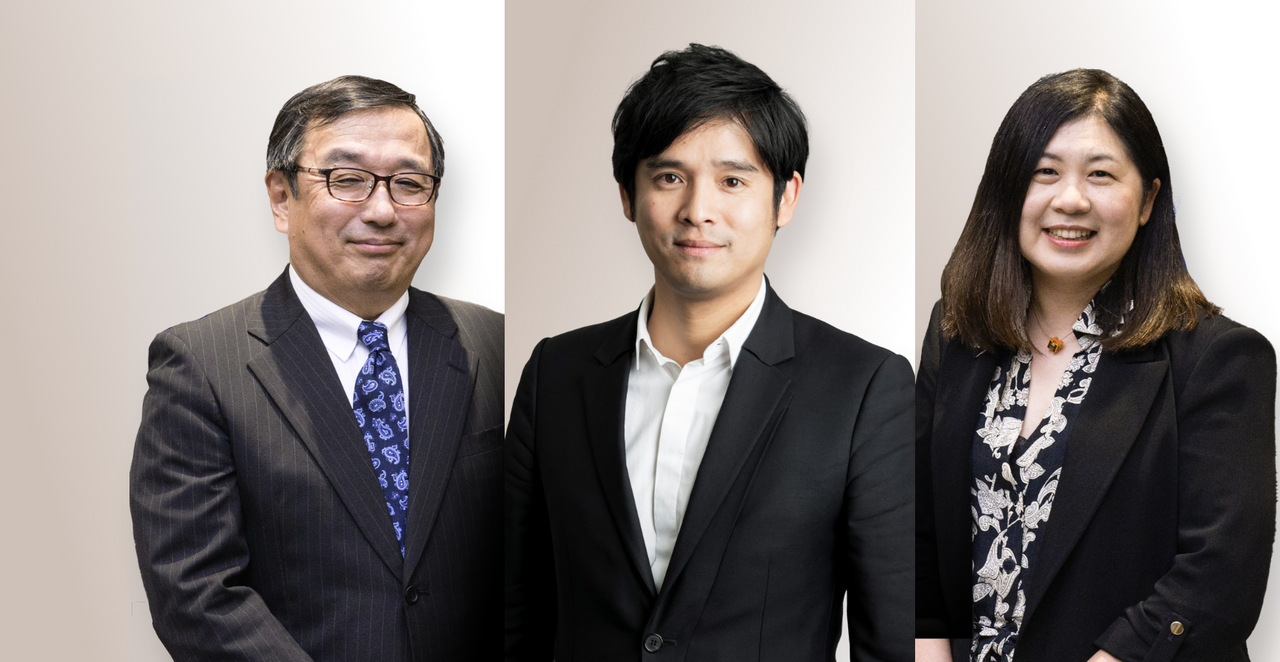TOPICS

Startup
Startup
Nurture Global Unicorns
From Dormant Local
Technological Seeds
Part1
Japan Investment Corporation (JIC) seeks to create a virtuous circle of risk capital by providing risk capital to areas that are difficult for the private sector alone to support through investment, and by serving as a catalyst for private investment funds. Toshiyuki Kumura, CIO of JIC, and Yuka Hata, Head of Fund Investments, talk about the startup and deep tech ecosystem and the challenges and prospects for industry-academia collaboration with Tsuyoshi Ito, President of Beyond Next Ventures Inc., JIC’s first LP investment in a private fund.

Tsuyoshi Ito
President, Beyond Next Ventures Inc.
In August 2014, Ito founded Beyond Next Ventures Inc. and became its president. Currently serves as an outside director of several portfolio companies, as well as a visiting associate professor at Nagoya University and Hiroshima University. He has served on startup-related committees and juries for the Cabinet Office and various ministries and agencies.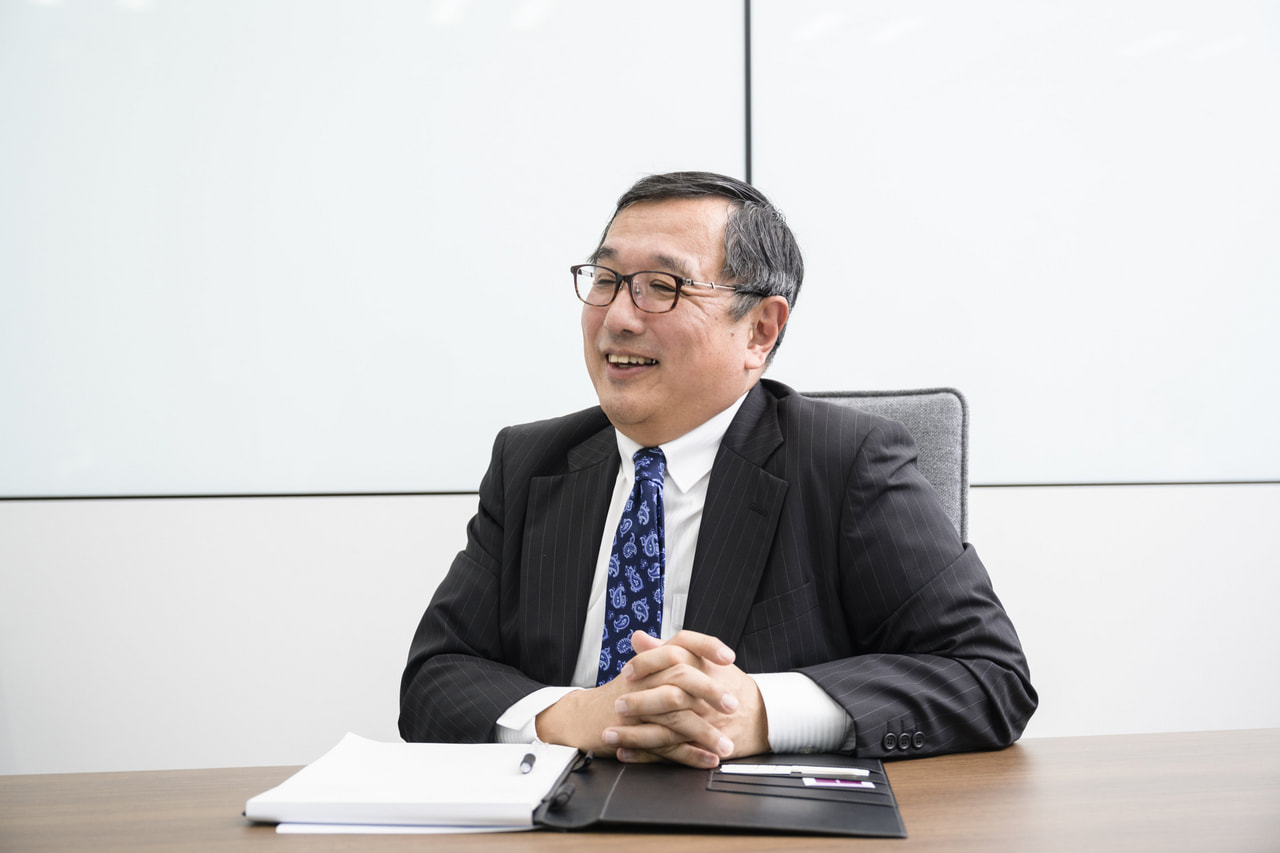
Toshiyuki Kumura
Member of the Board, Chief Investment Officer, Japan Investment Corporation
Kumura joined Tokio Marine & Fire Insurance Co. in 1983. After working in the Investment Department’s Alternative Investment Group, in 2002 he became Head of private equity unit at Tokio Marine Asset Management, Inc.; current position from 2019.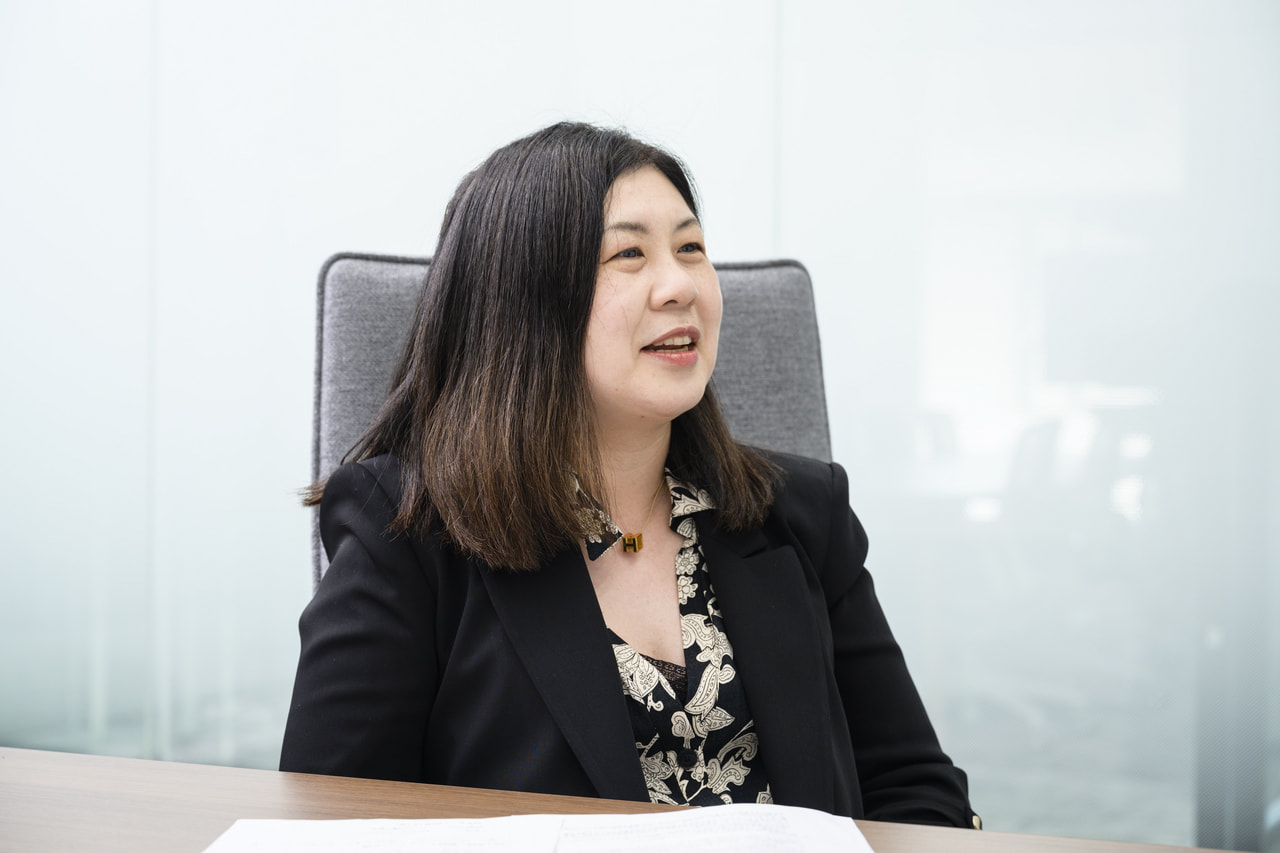
Yuka Hata
Head of Fund Investments, Japan Investment Corporation
Hata has played a central role in the field of private equity investment in Japan and abroad at Nissay Asset Management, Nomura Asset Management, and Nomura Private Equity Capital (NPEC); current position from 2020.Providing Risk Capital in Areas Too Difficult for Private Sector to Go It Alone
—Toward a Virtuous Circle of Risk Capital

Kumura The top U.S. companies by market capitalization have achieved rapid growth from startup in as little as 10 or 20 years. In Japan, we do not see companies growing that fast. A major factor is the extremely limited supply of risk capital for startups. Japan is currently trailing not only the U.S., but also Europe, China, and even emerging economies. In addition, venture capital (VC)—the recipient of risk capital—is often funded by operating companies, and the supply of risk capital tends to be influenced by operating company business performance. To us, the major challenge is supplying startups with ample funding from domestic/foreign institutional investors. Aiming to create a virtuous circle of risk capital, JIC has been investing in startups through its affiliate JIC Venture Growth Investments, and began making LP investments in private funds in the second half of 2020. The first of these projects was an investment in Beyond Next Ventures Inc. (BNV).
—Launching BNV to Sow Excellent Technology Seeds in Society
Ito I established BNV in August 2014. Prior to that, I worked at JAFCO, a VC, and as the leader of the industry-academia collaboration investment group, I was involved in investing in and supporting the commercialization of university-launched ventures, including the launch of CYBERDYNE at Tsukuba University, Spiber at Keio University, and Riverfield—a surgical support robot—at the Tokyo Institute of Technology. Through this experience, I became convinced that Japanese universities had wonderful technology seeds, and that if each of them succeeded as a business, they could revolutionize the world. At the same time, I also became aware of issues such as the insufficient supply of funding for these seeds, the lack of human resources for management and administration, and the lack of a system for acquiring such human resources. That is why we launched a VC fund to encourage social implementation of technology seeds from academia. I was motivated in part by the conviction that by becoming an entrepreneur myself, and putting myself in the same position as the startup entrepreneurs I was going to invest in, then I would be able to give them more appropriate advice.
Kumura It has been about eight years since BNV was established. Based on your experience to date, how do you evaluate the three aspects of the process of commercializing and growing academia-based technology seeds into a startup: the technology seeds themselves, the human resources needed to promote them as a business, and the funding?
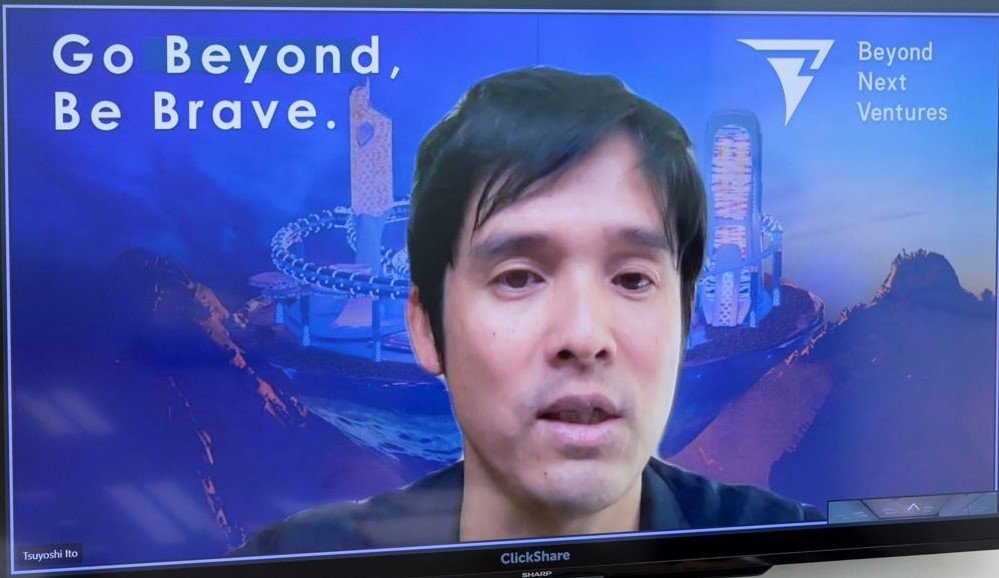
Mr. Ito joined from India
Ito In the deep-tech area, the scale of funding gradually increases as the business expands, but I believe that funding in the initial seed stage is becoming more substantial. That said, the total amount of funds remains low. In terms of human resources, although more and more experienced people from the private sector are becoming presidents of academia-launched ventures, the situation is still limited. In the future, we need to further increase the mobility of talented people and increase the number of people involved in deep tech and startups.
Kumura You say that funding for the seed stage is increasing, but are there enough technology seeds to support it?
Ito We feel that there are ample seeds for investment. Nevertheless, we harbor concerns that the number of academia-based seeds requiring support may dry up over the medium to long term due to a decline in the number of researchers and other factors. We believe that investment in academia-launched ventures is part of the cycle of continuous research and the creation of new results. In other words, I believe that we have a role to play in the functioning of this cyclical system, in which successful ventures enable researchers to obtain funding and new research results are produced.
From Local Startup To Global Perspective
—Supply of Human Resources as Valuable as Supply of Funds

Hata BNV is also actively involved in uncovering technologies that are lying dormant in local areas, which is one of JIC’s priority investment areas. JIC has also been actively investing in deep tech in general, particularly in the healthcare and biotech fields, where risk capital circulates less efficiently, and this led us to make this investment decision.
Ito When you’re involved from the seed stage, the financial burden is significant, but with JIC’s investment in the No. 2 fund, we feel that we are getting close to a size that can adequately support that area. In addition, we’ve been able to expand our efforts to secure human resources and their supply, as well as the functions necessary for the ecosystem.
Hata JIC has positioned the uncovering of local technologies and the fostering of ventures as important themes, but what is the current status of human and financial challenges in local areas?
Ito In general, I feel that the situation for local university-launched ventures has improved relative to a few years ago, but the environment is not yet conducive to raising a sufficient supply of funds. Many local university-launched funds are several hundred million to one billion yen in scale and simply not large enough to support technology seeds. In terms of human resources, including managers, if we compare local areas to large cities, it is still difficult to attract experienced people.
Hata BNV has an in-house recruitment function, and you have created a system that contributes to the supply of human resources to local ventures.
Ito We believe that in the deep tech sector, the ability to strengthen human resources is as valuable as funding. In 2016, we launched our own acceleration program (BRAVE), offering a function that matches potential managers with university research teams from across the country who are seeking social implementation. In addition, BRAVE provides support for the formulation of business strategies and business plans for fundraising in the seed stage, under the mentorship of our capitalists and with the involvement of outside experts, and also offers a sub-program (Innovation Leaders Program) focusing on practical entrepreneurship development for people with entrepreneurial potential.
—Investment Activities in India, World’s 3rd Largest Source of Unicorns
Hata BNV is investing in India in earnest—why India?
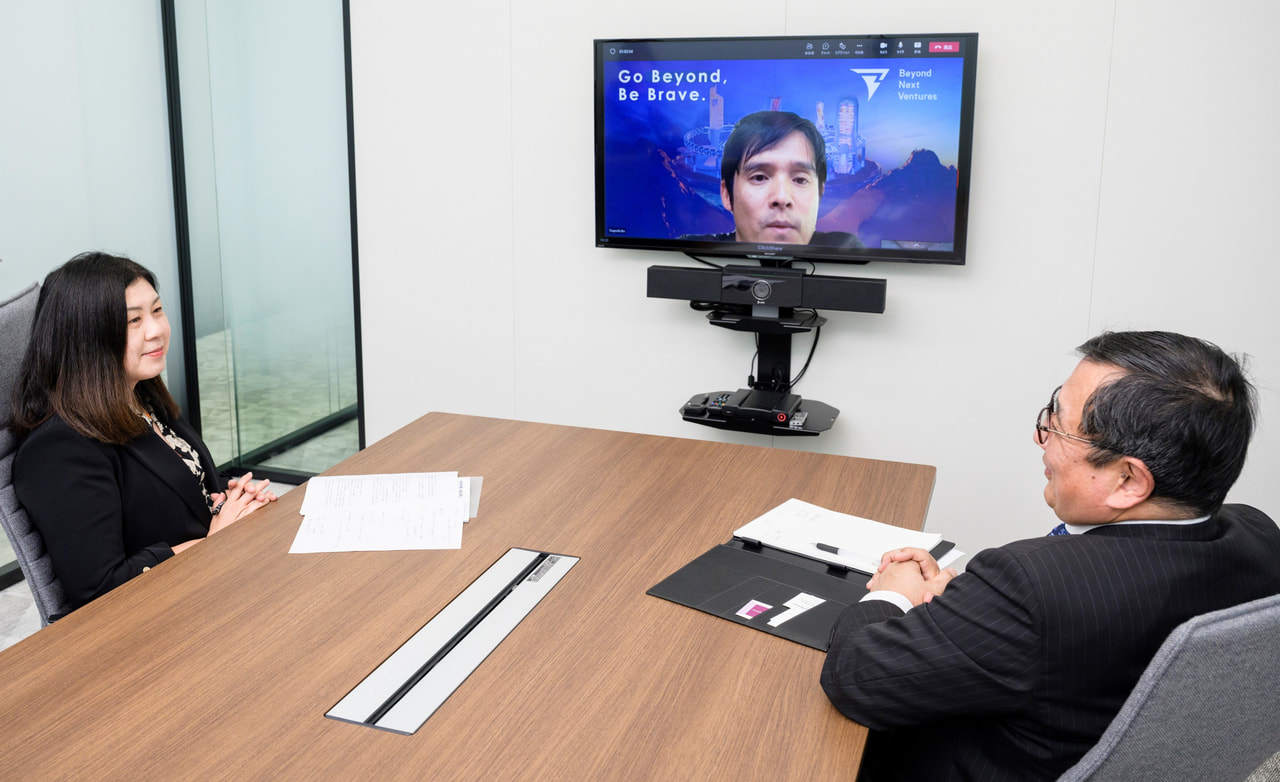
Ito We have two major reasons for investing in India. First, we feel strongly about India’s potential as a place for further growth of our investments in Japan. Second, more than 40 unicorns have been created in India in the last year alone; cumulatively, there are more than 80—making India the world’s third largest source of unicorns after the United States and China. Because the existing infrastructure is underdeveloped and immature, innovations are happening one after another that will revolutionize the way the world works by advancing digitization in a single bound. India today offers very attractive investment opportunities, with a variety of developments that you will not find in developed countries.

